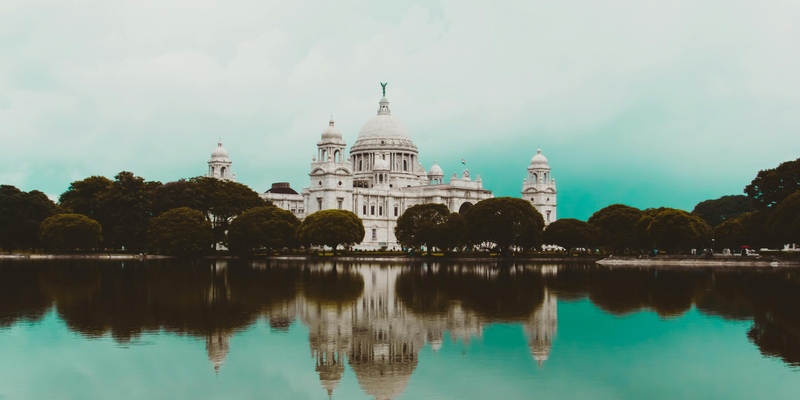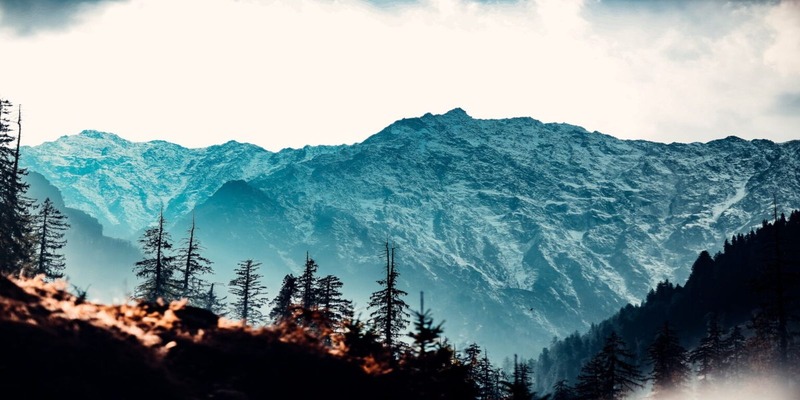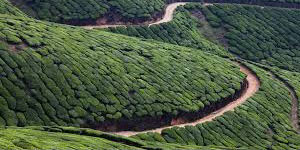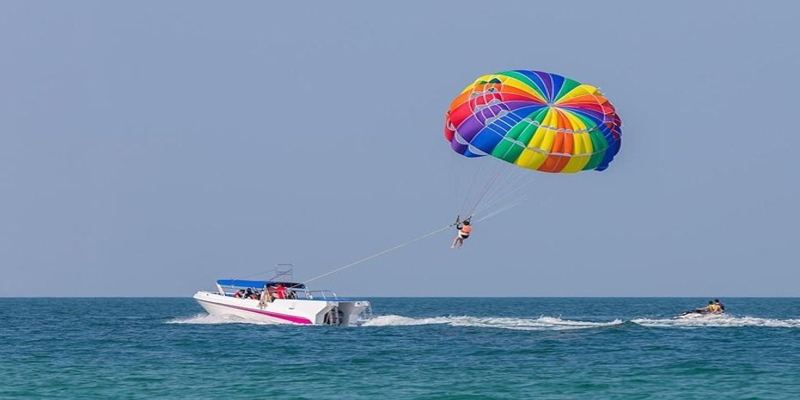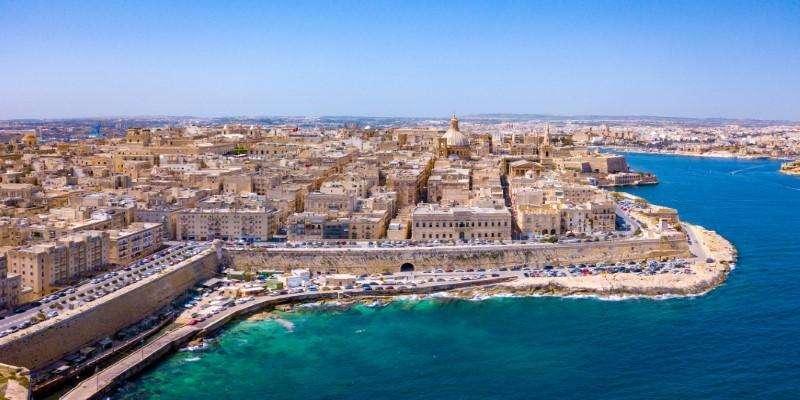
Tunisia, a country in North Africa, is nestled between Algeria to the west and Libya to the southeast, with a northern coastline that stretches along the Mediterranean Sea. This prime location has made Tunisia a melting pot of cultures and civilizations over the centuries.
A Little About Tunisia
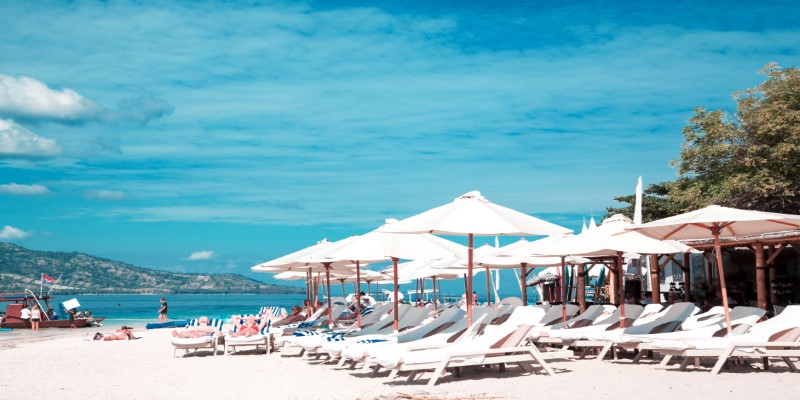
Following are some of the essential things you must know about this city.
Historical Richness
Tunisia's history is marked by a succession of powerful civilizations, including the Phoenicians, Romans, Vandals, Byzantines, Arabs, Ottomans, and the French. This rich history is evident in the country's numerous archaeological sites and historical landmarks. The ancient city of Carthage, once a significant power in the Mediterranean, offers a fascinating glimpse into the past with its ruins and museums.
Diverse Landscapes
Despite its relatively small size, Tunisia boasts a variety of landscapes. The northern part features lush green hills and fertile plains, while the central and southern regions are characterized by the vast expanse of the Sahara Desert. The coastline is dotted with beautiful beaches, making it a popular destination for sunseekers and water sports enthusiasts.
Cultural Heritage
Tunisia's culture is a vibrant mix of Arab, Berber, and French influences. This cultural blend is reflected in the country's architecture, cuisine, music, and daily life. The medinas (old towns) of Tunis, Sousse, and Kairouan are UNESCO World Heritage sites, renowned for their narrow, winding streets, bustling markets, and stunning examples of Islamic architecture.
Critical Tips for an Unforgettable Trip to Tunisia
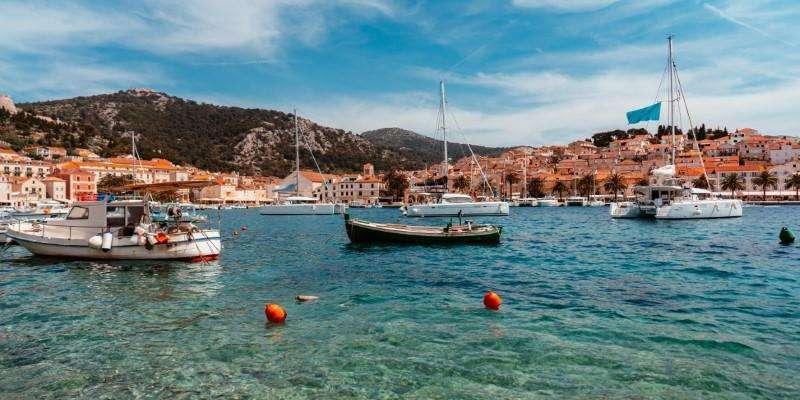
Tunisia is a captivating destination, blending Mediterranean beauty with rich history and vibrant culture. Before you pack your bags and head to this North African gem, here are five essential things you need to know to ensure your trip is enjoyable and hassle-free.
Understanding Tunisian Culture and Etiquette
Tunisia's culture is a unique mix of Arab, Berber, and French influences. The country is predominantly Muslim, and understanding local customs and etiquette will help you show respect and blend in more comfortably.
Dress Modestly
While Tunisia is more liberal than many other Muslim-majority countries, it's still important to dress modestly, especially in rural areas and religious sites. Women should avoid wearing revealing clothing, and both men and women should cover their shoulders and knees.
Respect Local Traditions
During the holy month of Ramadan, many Tunisians fast from dawn until sunset. Out of respect, avoid eating, drinking, or smoking in public during daylight hours. Additionally, when visiting mosques, ensure you remove your shoes and dress appropriately.
Language
Arabic is the official language, but French is widely spoken, particularly in business and tourism. Learning a few basic phrases in Arabic or French can go a long way in endearing you to the locals.
Navigating Tunisia's Major Attractions
Tunisia is rich in historical sites, natural beauty, and vibrant cities. Here's a quick guide to some must-see attractions:
Tunis
The capital city is a blend of old and new, with the ancient medina and the modern city center. Don't miss the Bardo Museum, which houses one of the world's largest collections of Roman mosaics.
Carthage
The ancient ruins of Carthage, a UNESCO World Heritage site, offer a glimpse into the powerful Phoenician and Roman civilizations that once thrived here.
Sousse and Monastir
These coastal cities are famous for their beautiful beaches and historical sites, including the Ribat of Monastir and the Great Mosque of Sousse.
Sahara Desert
No trip to Tunisia is complete without a visit to the Sahara. Experience the vast dunes, ride a camel, and stay overnight in a traditional desert camp.
Safety and Health Precautions
Traveling to Tunisia is generally safe, but it's always wise to take some precautions to ensure a smooth trip.
Health Precautions
Ensure you have travel insurance that covers health issues. It's advisable to drink bottled water and avoid ice in drinks to prevent stomach upsets. Vaccinations for hepatitis A, hepatitis B, and typhoid are recommended.
Safety Tips
While significant tourist areas are considered safe, it's best to avoid political gatherings and demonstrations. Keep an eye on travel advisories and register with your embassy if you plan on staying for an extended period. Pickpocketing can be an issue in crowded areas, so keep your belongings secure.
Currency and Payment Methods
Tunisia uses the Tunisian Dinar (TND), which is a closed currency. You can only obtain dinars once you arrive in the country.
Currency Exchange
You can exchange your money at the airport, banks, or authorized exchange offices. It's wise to keep receipts of your exchanges, as you may need them to convert leftover dinars back to your home currency when you leave.
Payment Methods
Credit cards are widely accepted in hotels, larger restaurants, and shops in urban areas. However, cash is preferred in rural areas and markets. ATMs are available in cities and towns but always carry some cash for smaller transactions.
Transportation and Getting Around
Getting around Tunisia is relatively easy, with various transportation options available.
Public Transport
Tunis has a reliable light rail system called the Metro Leger, which is convenient for getting around the city. Buses and shared taxis, known as "lounges," are standard and affordable options for intercity travel.
Car Rentals
Renting a car makes it easy for you to explore the city. Major car rental agencies are available at the airport and in larger cities. Remember, driving is on the right side of the road.
Taxis
Taxis are plentiful and inexpensive. Make sure the driver uses the meter or agrees on a fare before starting your journey. Tipping is not expected, but rounding up the fare is appreciated.
Conclusion
Tunisia offers a rich tapestry of experiences, from ancient ruins and bustling markets to serene beaches and the vast Sahara Desert. Understanding the local culture, staying safe, and knowing how to get around will help you make the most of your trip. With these tips in mind, you're well on your way to enjoying an unforgettable adventure in Tunisia.

